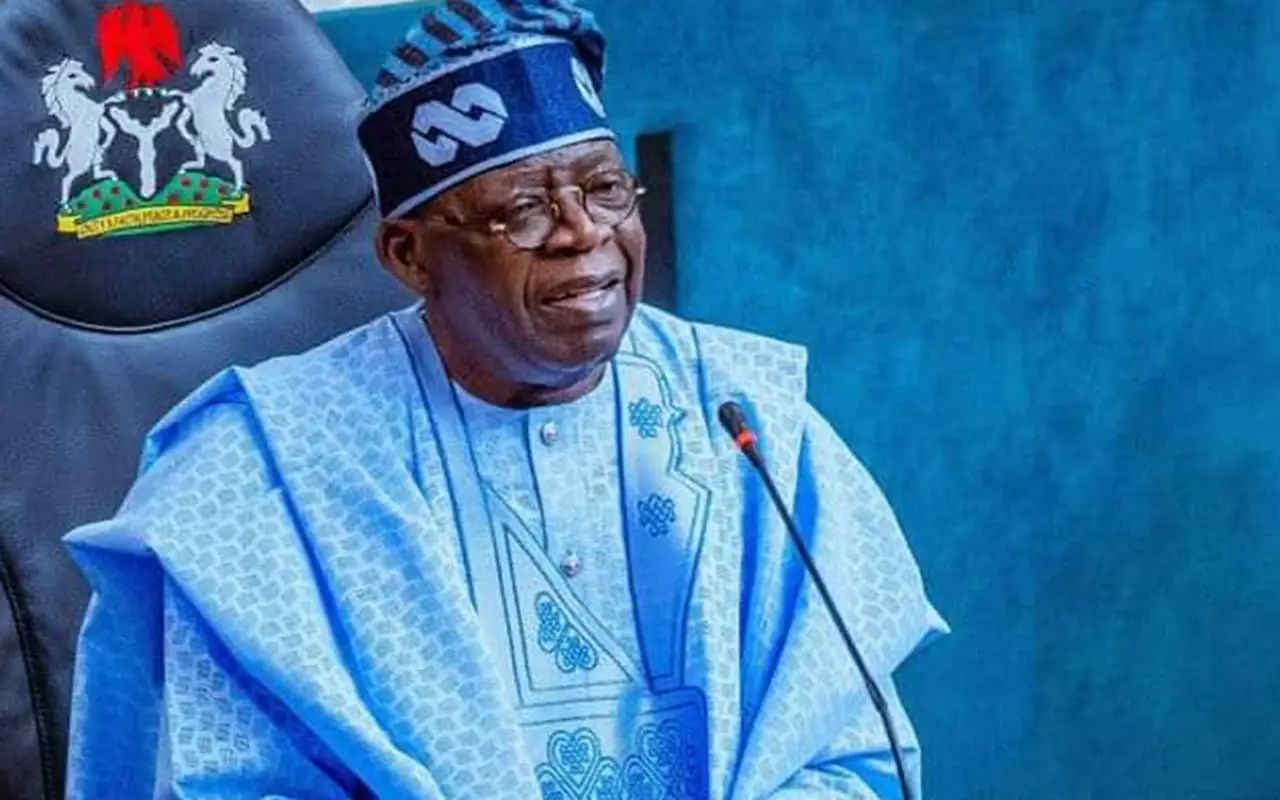President Bola Tinubu has placed a seven-year embargo on the establishment of new federal tertiary institutions in Nigeria.
The decision was taken at Wednesday’s Federal Executive Council (FEC) meeting held inside the Presidential Villa, Abuja, and presided over by President Tinubu.
Minister of Education, Tunji Alausa, told State House correspondents after the meeting that the moratorium applies to all categories of federal tertiary institutions – universities, polytechnics, and colleges of education.

According to him, Nigeria currently has 72 federal universities, 42 federal polytechnics, and 28 federal colleges of education, in addition to hundreds of state-owned and private institutions.
“Yet, in the 2024/2025 academic session, 199 universities had fewer than 100 candidates applying through JAMB, and 34 had zero applicants,” Alausa said.
The minister disclosed that 295 polytechnics — both public and private — each had fewer than 100 applicants, while 64 colleges of education recorded no applicants at all.
He pointed to one federal university with fewer than 800 students but 1,200 staff members as a glaring example of inefficiency and waste in the system.
The minister said the moratorium would allow the Tinubu government to concentrate on rehabilitating decayed infrastructure, hiring and training qualified lecturers, and expanding the capacity of existing institutions rather than “chasing prestige with empty buildings.”
He revealed that some federal universities in certain northern states have fewer than 2,000 students despite billions spent annually on their upkeep.
According to Alausa, the measure is aimed at ensuring that Nigerian graduates remain competitive and respected globally, in line with President Bola Tinubu’s directive to deliver education that meets the highest international standards.
Meanwhile, on several occasions, the Academic Staff Union of Universities, ASUU, has condemned the mass establishment of universities in the country, describing the development as ‘reckless and excessive’.
The union also warned that a nationwide strike may be imminent, citing worsening conditions in Nigeria’s public universities and the government’s alleged disregard for agreements.
In a recent statement signed by its National President, Prof Chris Piwuna, the union said the government had “pushed it to the wall,” painting a grim picture of the realities faced by lecturers across the country.
“Feelers across campuses indicate that lecturers in Nigerian public universities are, to put it mildly, not happy. They teach students on empty stomachs,” the statement read.
“They conduct research in libraries and laboratories bereft of essential electronic and physical journals, books, chemicals, and reagents.”
“They engage with communities and agencies in rickety cars while encumbered by utility bills, children’s fees, house rents, family upkeep, and a legion of other unmet responsibilities.
“Yet, elite Nigerians are quick to blame the universities for ‘producing unemployable graduates’ and failure to initiate innovative research for addressing the country’s problems.”
“Our members feel forgotten, shamed, and demoralised by past and present governments,” ASUU stated.